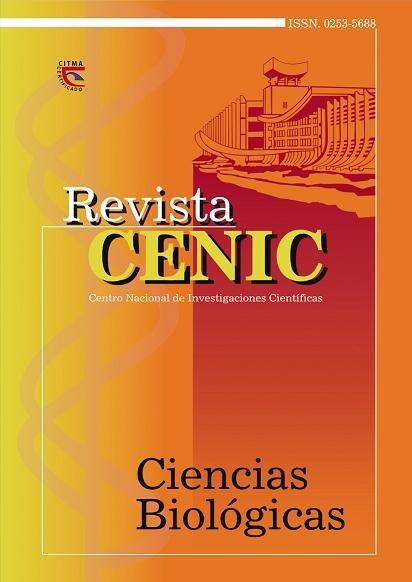In vitro mutagenic evaluation of policosanol.
Abstract
Policosanol is a well defined mixture of long chain aliphatic
alcohols isolated and purified from sugar cane (Saccharum officinarum) wax.
Policosanol has cholesterol lowering effects in animal models, healthy volunteers
and hypercholesterolemic patients. Its introduction in clinical practice was
supported by toxicological studies showing absence of toxicity after acute, sub
chronic and chronic treatments. When genotoxicological evaluation was
initiated, gene mutation induction was studied by Ames test. Then, no point
mutations were induced by policosanol on Salmonella typhimurium at dose
levels from 5 to 2 000 mg/plate. However as higher doses should be researched,
a second trial using five strains was performed and its results are presented in
this paper. Additionally, different genetic end points were studied, evaluating
cytogenetic damage on human lymphocyte in vitro. Negative results were also
obtained, no increases of micronuclei or sister chromatid exchanges were
observed after treatment of lymphocyte cultures. These results corroborate
previous negative findings on mutagenicity of policosanol.
Downloads

Downloads
Published
How to Cite
Issue
Section
License

This work is licensed under a Creative Commons Attribution-NonCommercial-ShareAlike 4.0 International License.
Los autores que publican en esta revista están de acuerdo con los siguientes términos:
Los autores conservan los derechos de autor y garantizan a la revista el derecho de ser la primera publicación del trabajo al igual que licenciado bajo una Creative Commons Atribución-NoComercial-CompartirIgual 4.0 Internacional que permite a otros compartir el trabajo con un reconocimiento de la autoría del trabajo y la publicación inicial en esta revista.
Los autores pueden establecer por separado acuerdos adicionales para la distribución no exclusiva de la versión de la obra publicada en la revista (por ejemplo, situarlo en un repositorio institucional o publicarlo en un libro), con un reconocimiento de su publicación inicial en esta revista.
Se permite y se anima a los autores a difundir sus trabajos electrónicamente (por ejemplo, en repositorios institucionales o en su propio sitio web) antes y durante el proceso de envío, ya que puede dar lugar a intercambios productivos, así como a una citación más temprana y mayor de los trabajos publicados (Véase The Effect of Open Access) (en inglés).














